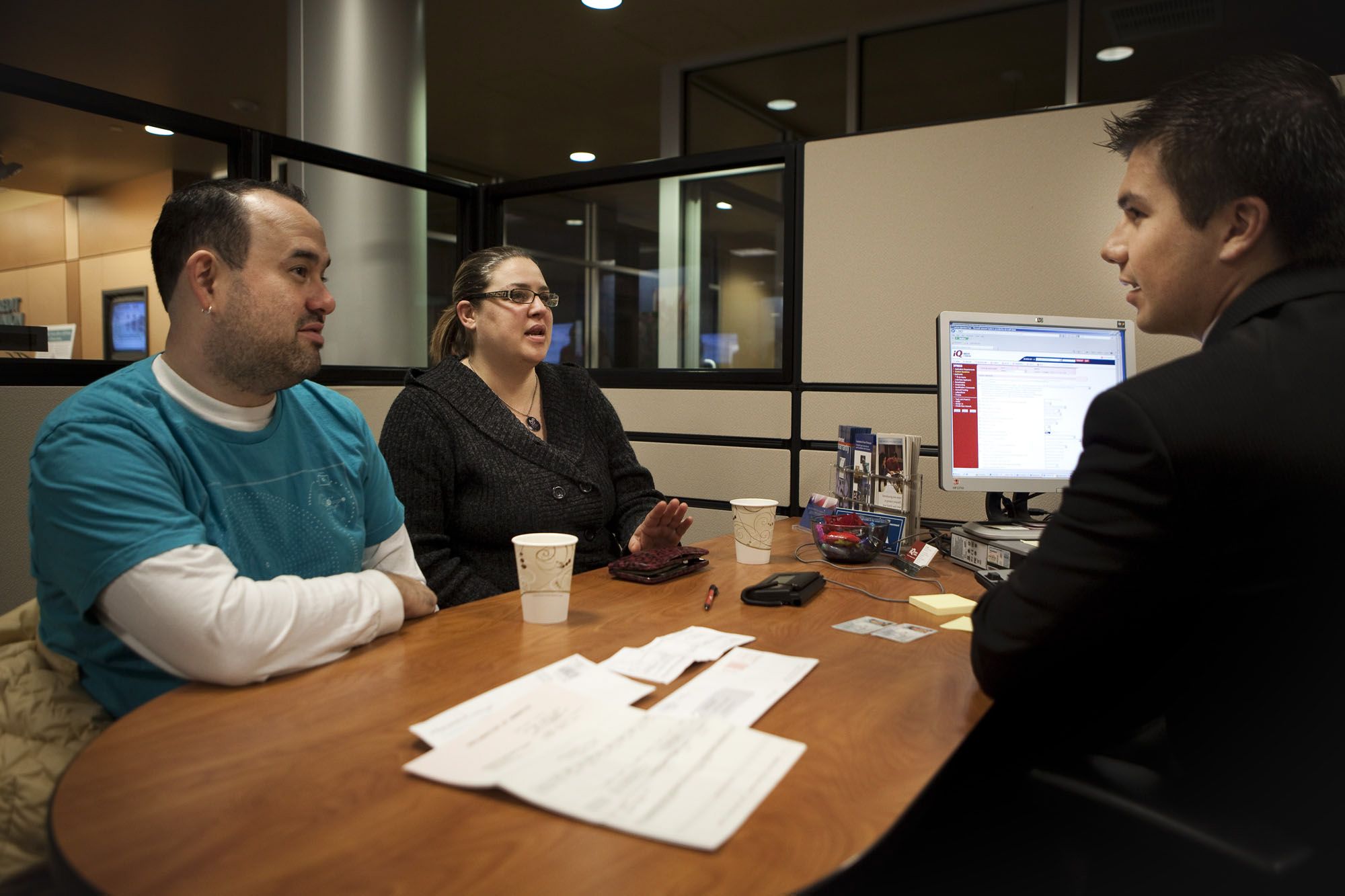Most people choose a bank or credit union early on and stick with it through good times and bad. Change is tough, after all, especially when it means signing legal documents, getting new credit cards and checks, and remembering new passwords.
But more banking customers are fed up with higher fees and 800 numbers, huge banking salaries and profits, and a sense that giant banks may not only be “too big to fail” but also “too big to care.” They’re looking for alternatives to the “too big” without the disadvantages of the “too small.”
Even in an era of financial consolidation — Vancouver-based First Independent Bank announced last week its pending sale to Sterling Savings Bank of Spokane — consumers have a wide array of choices for financial institutions. Last weekend’s grass-roots Bank Transfer Day, a response to Bank of America’s now-aborted plan to charge a $5 monthly fee on debit card use, focused public attention on those options. Credit unions, both locally and nationally, reported a spike in new memberships as some people sent an angry message to the nation’s financial brokers.
“At the end of the day, I am sick of supporting organizations (that) are more than willing to throw people out of their homes, destroy lives and only focus on the bottom line,” said Vancouver resident Jason Williard, who recently left Bank of America.



